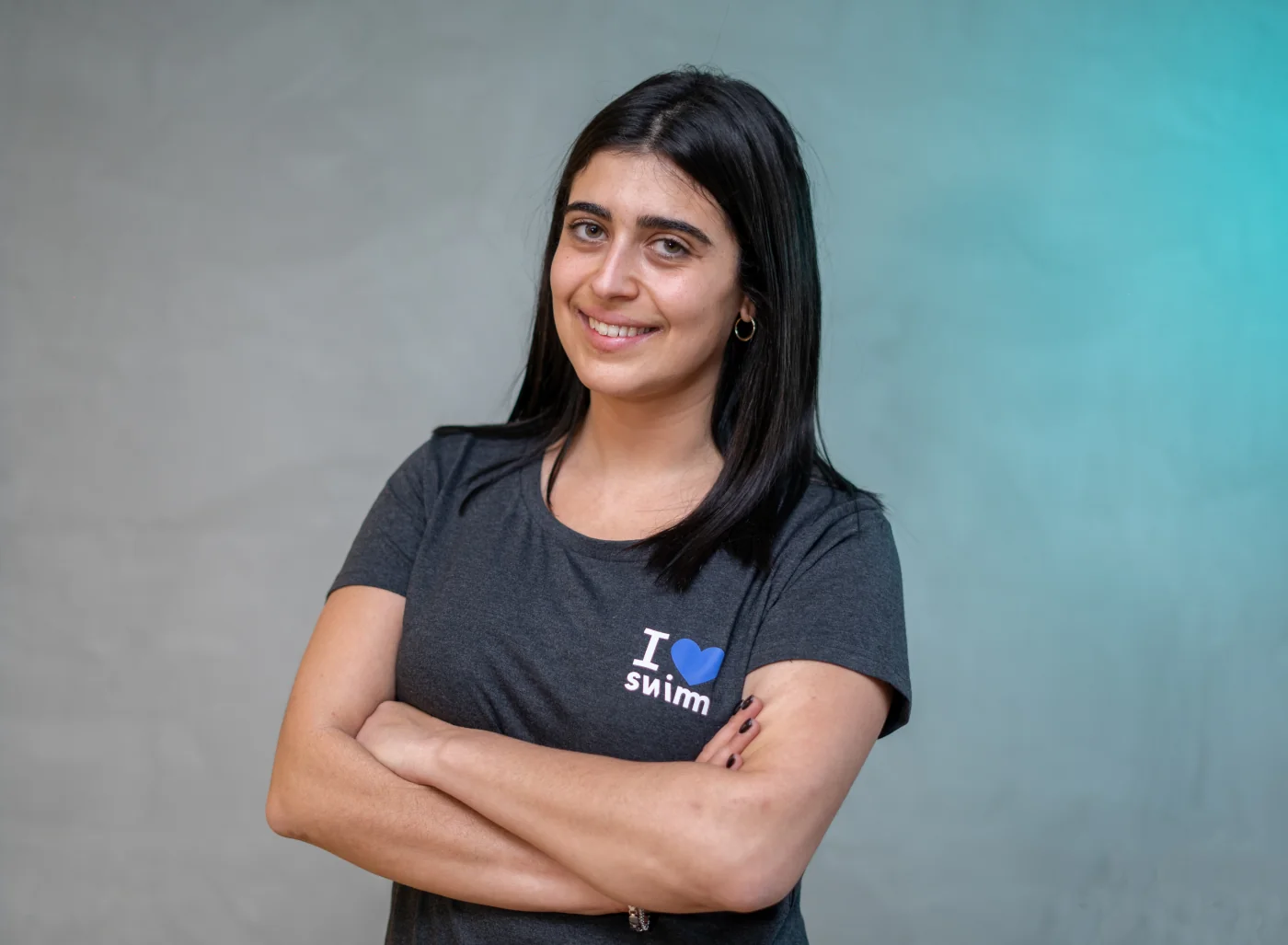Managing diverse responsibilities while staying focused and fostering creativity is a challenge for most of us. To explore how to navigate these demands effectively, we spoke with our CTO, Omer Rosenbaum, about his unique work protocols and the ways they help him enhance productivity and well-being.
You’ve shared that your work protocols might seem unconventional. Why did you create them?
Omer: Building personal habits or protocol isn’t just about productivity. It’s about sustainability. As a CTO, there’s a lot to juggle—technical oversight, managing teams, thinking strategically, and driving innovation. And I’m not going to lie, it can get overwhelming.
That’s why I’ve created routines and structures that help me stay on top of it all. These habits keep me focused, fuel my creativity, and give me the time I need for deep, uninterrupted work.
What’s your approach to managing day-to-day tasks and responsibilities?
Omer: My approach is built on a few key components.
First, I’m big on time boxing. I block out specific chunks of time for things like technical deep dives, client demos, or mentoring teammates. I also keep two schedules—one for meetings (which others can see) and another for tasks and reminders (just for me). Both are super important to keep everything on track.
Daily checklists are another cornerstone. They cover more than just work—I include routines to keep my home life running smoothly too. At the end of each day, I review and tweak my plan for tomorrow so I stay ahead of the game instead of playing catch-up.
Another thing I do is limit how and when I engage with notifications. I only check Slack and mobile messages at set times, so my responses might take a little longer. But this helps me stay focused and avoid constant distractions.
How does creativity play a role in your work? How do you prioritize that with a packed schedule?
Omer: Creativity is actually a big part of my job. A lot of what I do involves solving technical challenges or exploring new approaches for the team at Swimm. To foster this, I dedicate “quiet time”—uninterrupted periods for deep thinking and idea exploration. Without it, those lightbulb moments are a lot harder to come by.
I also find that sketching on a whiteboard or brainstorming with others really helps when tackling tough problems. Drawing out my thoughts is something I do all the time.
That said, I need structure too. Without it, I easily fall into rabbit holes: whether it’s overthinking a problem or getting lost in a string of YouTube coffee videos. It’s a constant balancing act between giving space to creativity and staying grounded in structure.
How does having clear values like deep work and being “fully present influence your leadership style?
Omer: For me, deep work isn’t just a productivity trick—it’s what makes me feel most fulfilled. Those focused periods are when the best ideas happen, whether it’s something technical or strategic. That’s why I make it a priority. I want to lead by example, so I carve out time for deep work and expect my team to do the same.
Being fully present is a big part of this. Whether it’s a meeting or a project, giving undivided attention shows respect for everyone’s time and leads to better results. In a fast-paced environment, half-hearted effort just doesn’t cut it.
That said, I’m human—I get distracted too. To help with that, I’ve started bringing a notebook to meetings instead of a phone or laptop. It’s a small change, but it helps me stay focused.
Interruptions and bottlenecks are unavoidable in your role. How do you manage these effectively?
Omer: Dealing with interruptions is always a challenge. My job often means I need to provide input that others rely on, which can cause bottlenecks if I’m not proactive. To handle this, I like to schedule structured check-ins instead of dealing with random interruptions throughout the day. Of course, there are times when being super responsive is key, and I have to take an “always-on” approach. When that happens, I adjust my schedule and make sure the team has extra support. It’s not about being perfect—it’s about staying flexible.
How do you maintain metal clarity? How does that tie into your well-being?
Omer: Mental clarity is super important to me, but it’s not always easy to keep up. To avoid feeling mentally cluttered, I try to stay organized—both in my space and in my head. I’m also big on digital minimalism. Outside of work, I don’t use devices much and stay off social media to avoid that overwhelming mental noise.
Mindfulness is another thing I lean on. I don’t formally meditate or anything, but I’ve gotten better at noticing when my thoughts start spiraling. When that happens, I’ll do something simple, like taking a quick walk, to reset and refocus.
What advice would you give to those who want to emulate your structured yet flexible approach?
Omer: Start small and audit your habits. What’s working? What’s not? You don’t have to change everything overnight. Just pick one or two things to try out. And seriously, don’t stress about it. Getting too caught up in being “productive” can actually backfire.
It’s also important to plan for both structure and flexibility. Build some daily routines, but leave room in your schedule for surprises—like last-minute tasks or meetings.
Lastly, make time for the things that matter—quiet reflection, quality work, and authentic connections with your colleagues. Productivity isn’t just about output—it’s about ensuring the process is fulfilling, too.
Are there any resources or books that inspired your work protocols?
Omer: Definitely. Some of my approaches are inspired by books like Deep Work by Cal Newport and Atomic Habits by James Clear. Both explore different aspects of intentional work and learning. If anyone’s curious about adopting similar practices, I’d be happy to share additional recommendations.

